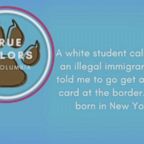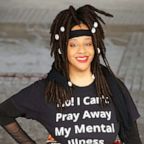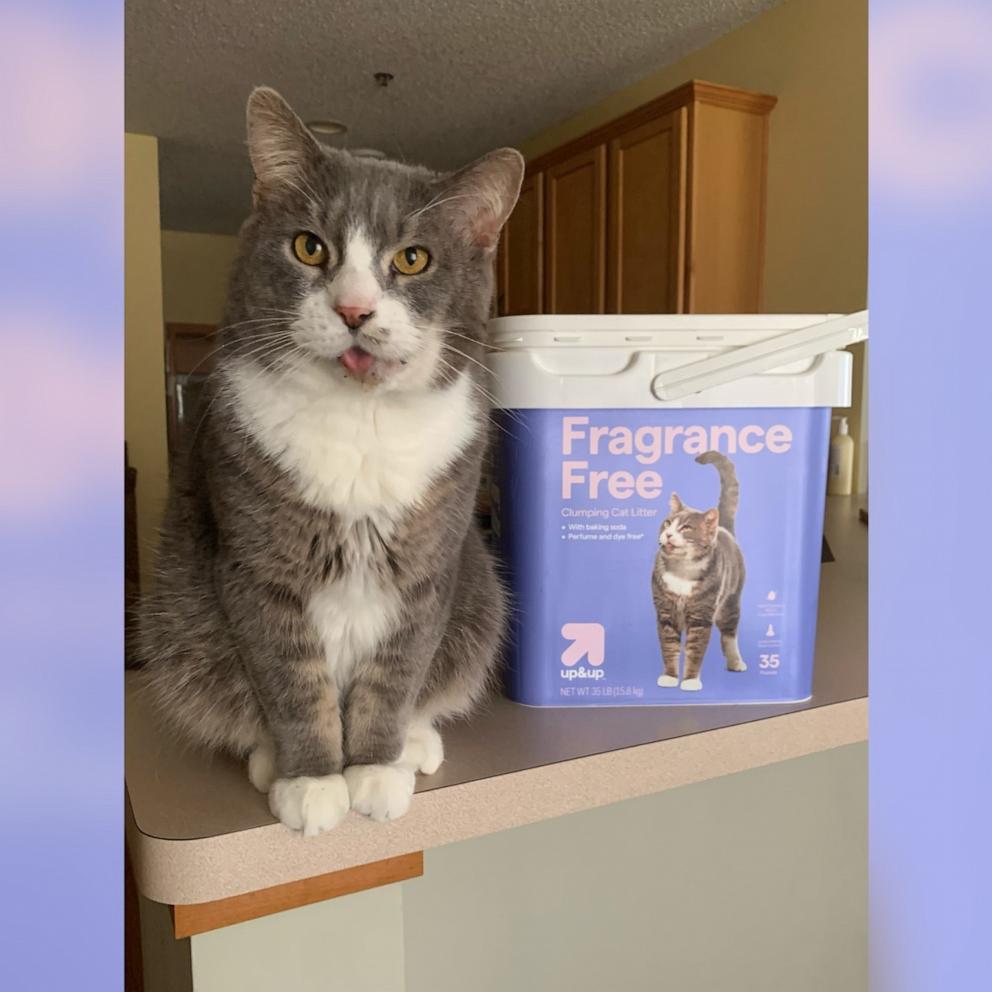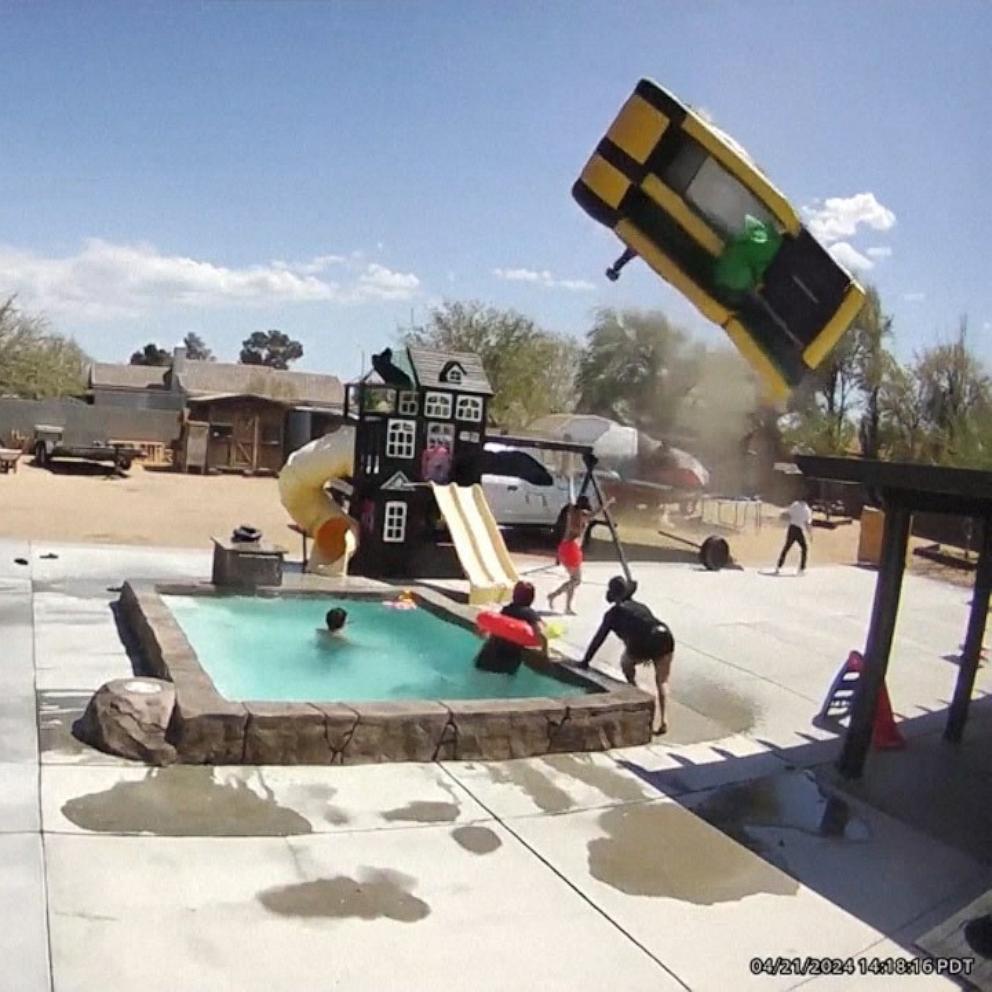Black teen girls speak out about racial microaggressions they face
This report is part of "Turning Point," a groundbreaking series by ABC News examining the racial reckoning sweeping the United States and exploring whether it can lead to lasting reconciliation.
Gabrielle Cayo a 15-year-old high school student, knows the pain of microaggressions all too well.
"It makes you feel awful and makes you feel like you are dismissed and it makes you feel unheard," she said. "When I was in seventh grade, this guy told me that my hair looked like a rat's nest and I needed to comb it."
Microaggressions, little slights that are demeaning and often with racial undertones, are being spoken about now by young Black teenagers like Gabrielle in light of the racial unrest across the country and amid the new school year.
"I'm pretty for a black girl which is not a compliment," said another teen Lexi, 17, describing microaggressions she has faced. "That I act white. That I am articulate to be black."
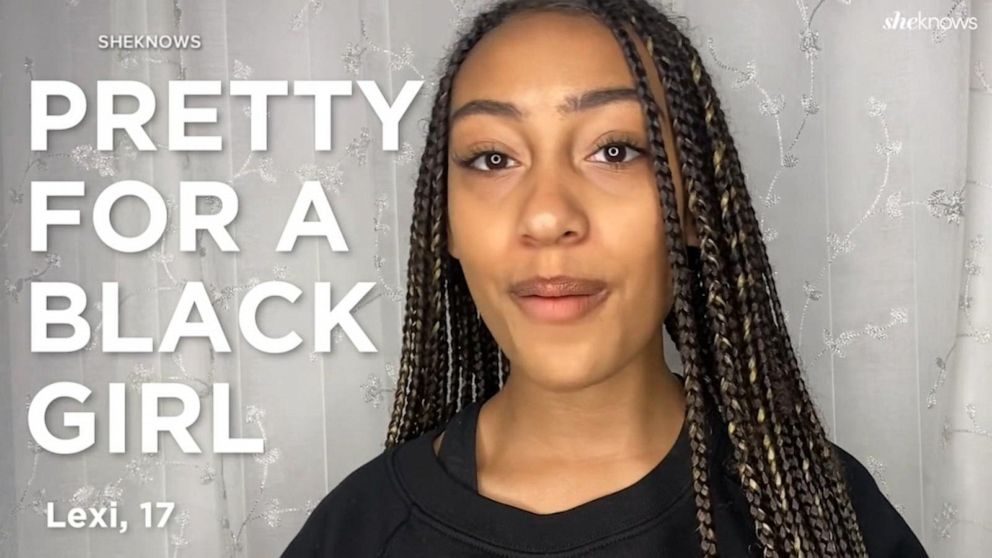
"I've even been told by a history teacher that I would know more about slavery than them," said another teenager, Juno.
The seven teens part of a series from SheKnows.com, a lifestyle website for parents, for an ongoing Hatch video series examining how teenagers, specifically teenage girls, are impacted by microaggressions and other acts of discrimination.
Black teenagers experience an average of over five incidents of discrimination a day, according to a study published last year in the Journal of Applied Development Psychology.
"I do believe that microaggressions and racism are part of the same continuum," Dr. Rheeda Walker, a professor of psychology at University of Houston and author of "The Unapologetic Guide to Black Mental Health," told "Good Morning America." "Microaggressions are the seemingly subtle things sometimes intentional, but oftentimes unintentional that happened that are these negative slights towards individuals who are from marginalized groups."
Walker said experiencing acts of microaggression can be harmful for teenagers, describing it as "psychologically taxing."
"It has an impact on self-esteem," she said. "It starts to impact anxiety and depression and worry."
Black children who are exposed to racism face health risks too, with higher rates of obesity, as well as depression, data shows. The rate of suicide attempts among black teens also continues to rise, while rates among other racial groups have fallen.
Tanya Van Court, the mother of Gabrielle, said she was heartbroken to learn of the microaggressions her daughter has faced.
"It breaks my heart. Respecting and acknowledging differences is a part of what we should all be striving to do," she told "GMA." "My hope is that we can get to a place where these conversations have happen in a way so that we can all collectively change and come closer together."
Microaggressions can also be complicated, especially if the person who is offending has no intention of being hurtful.
Walker's advice for young Black girls is to both "take a deep breath" and also try to educate other people, when possible.
"Take a deep breath and centering yourself," she said. "They could say, 'You may not have realized it, but what you said is hurtful.'"
Walker says this may take some practice, but it is a skill that can be developed. “I think a lot of times in our society we want to be perfect and things just right for us, but a lot of times, it does take practice, and that's okay. Just keep at it and lead with compassion.”
